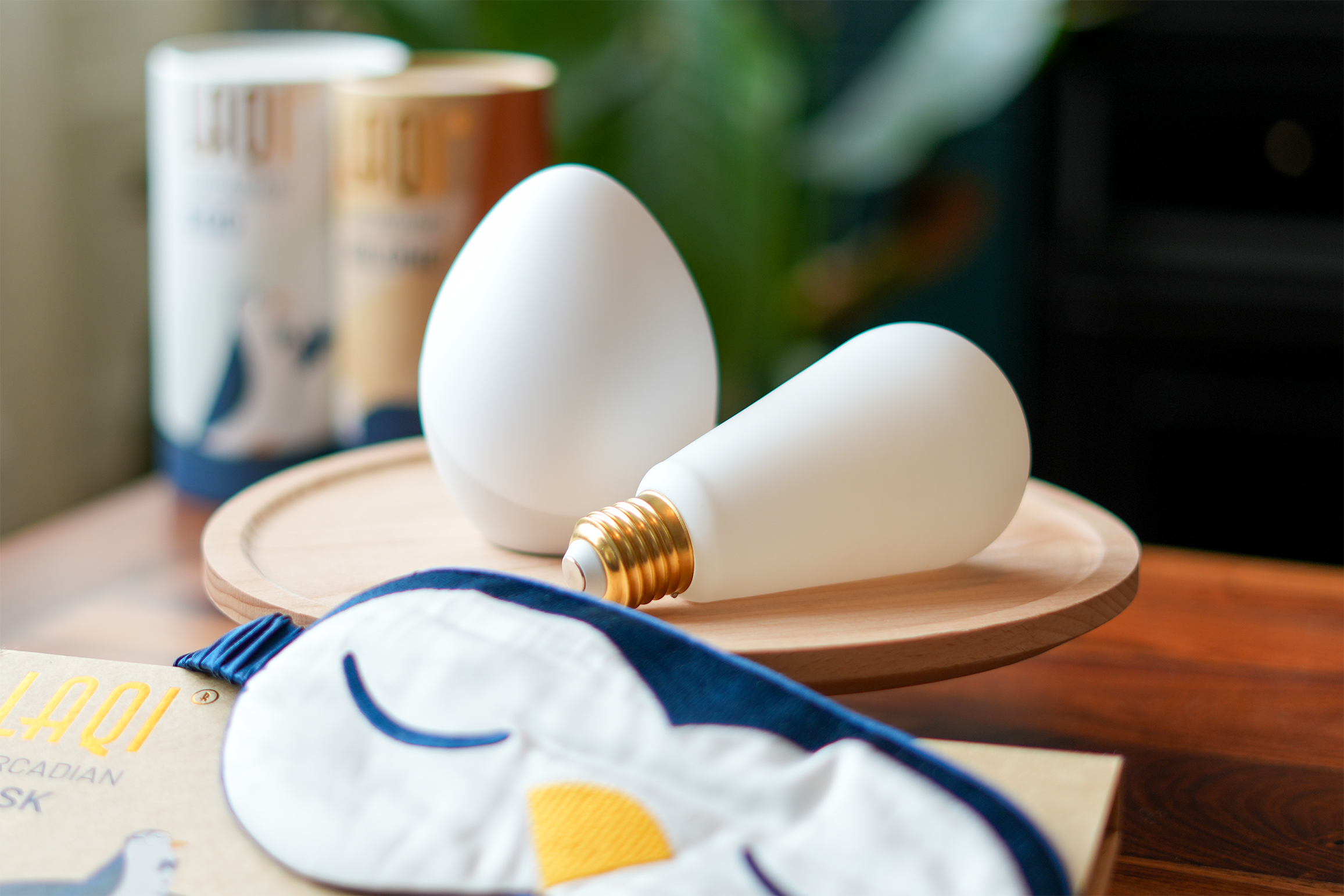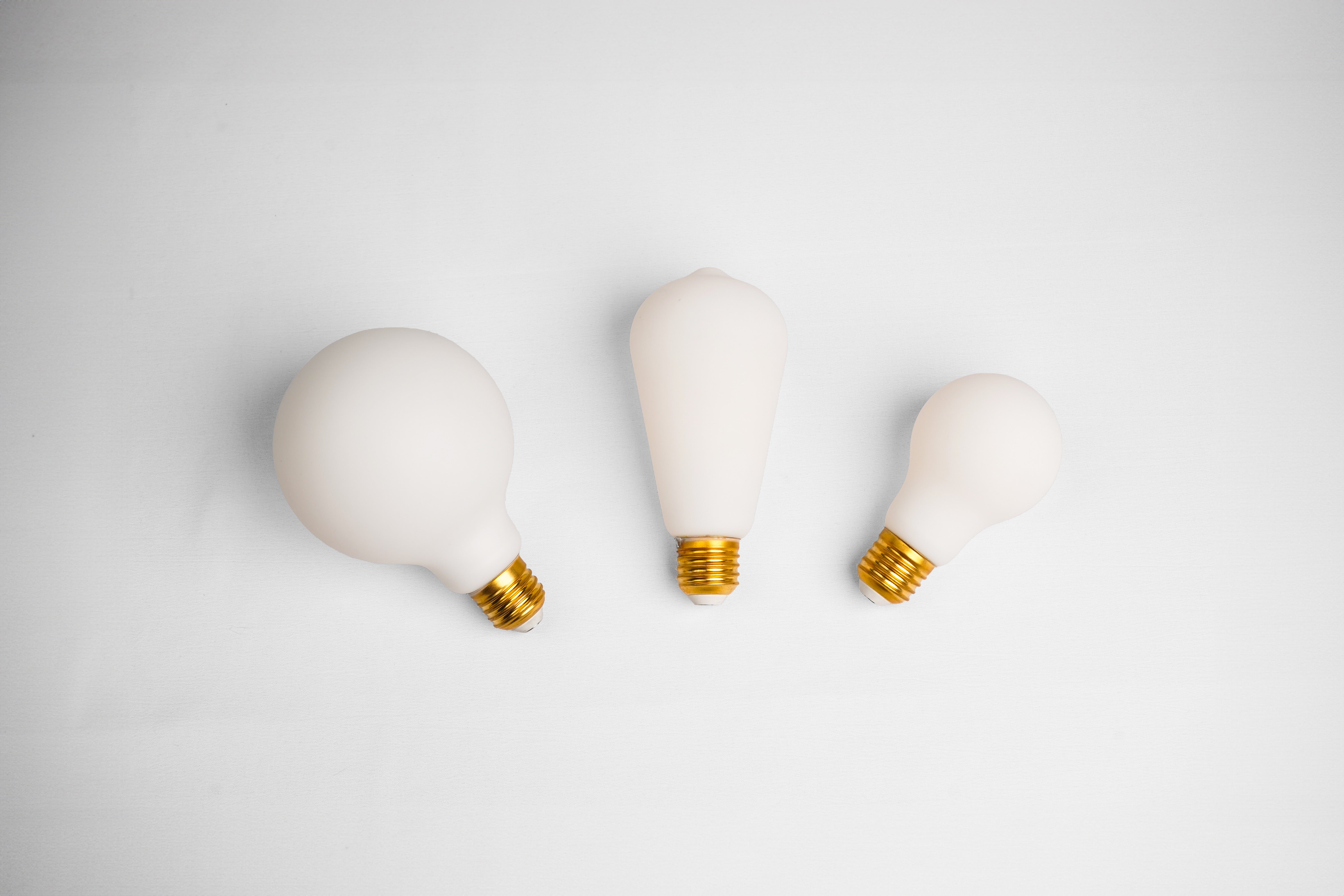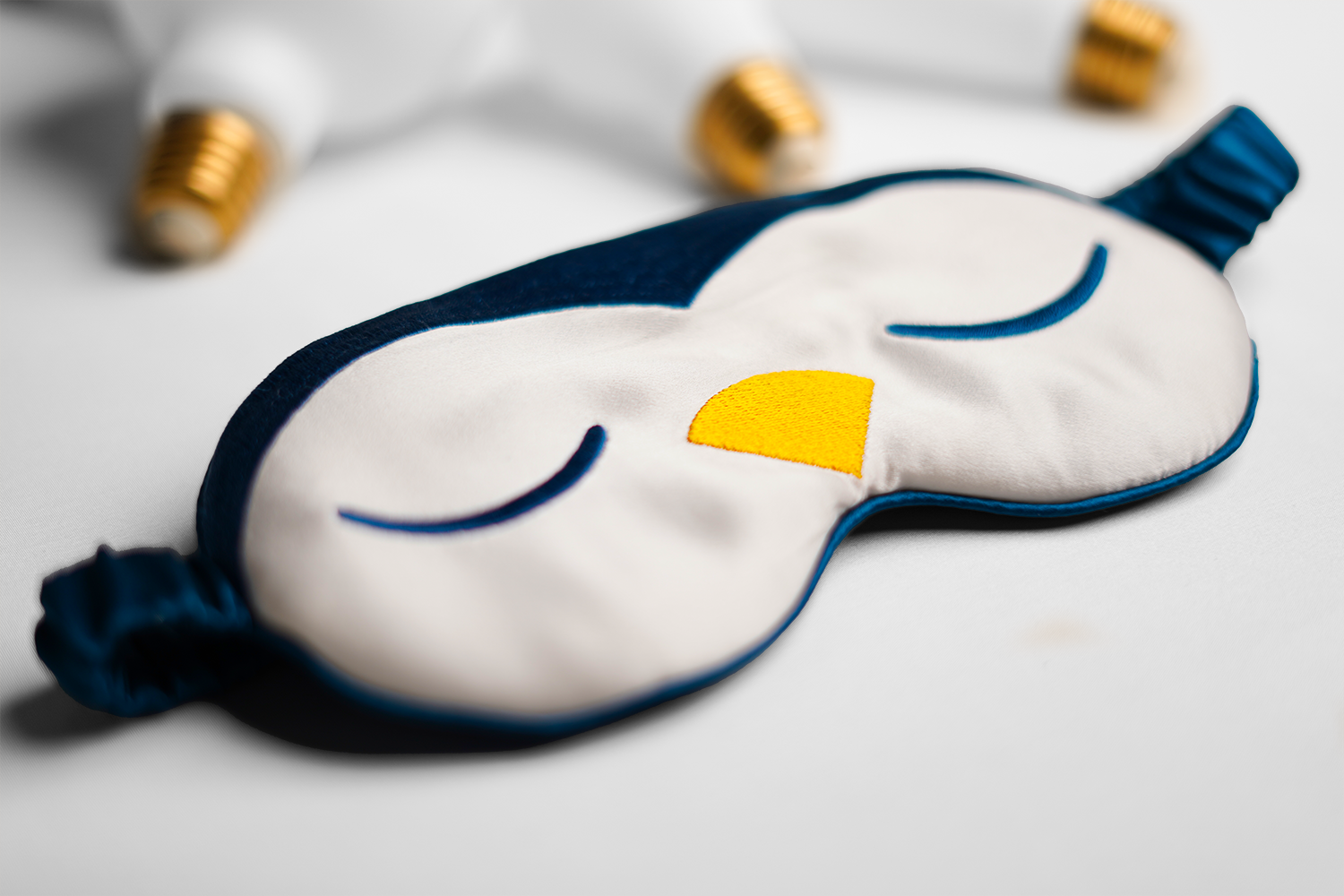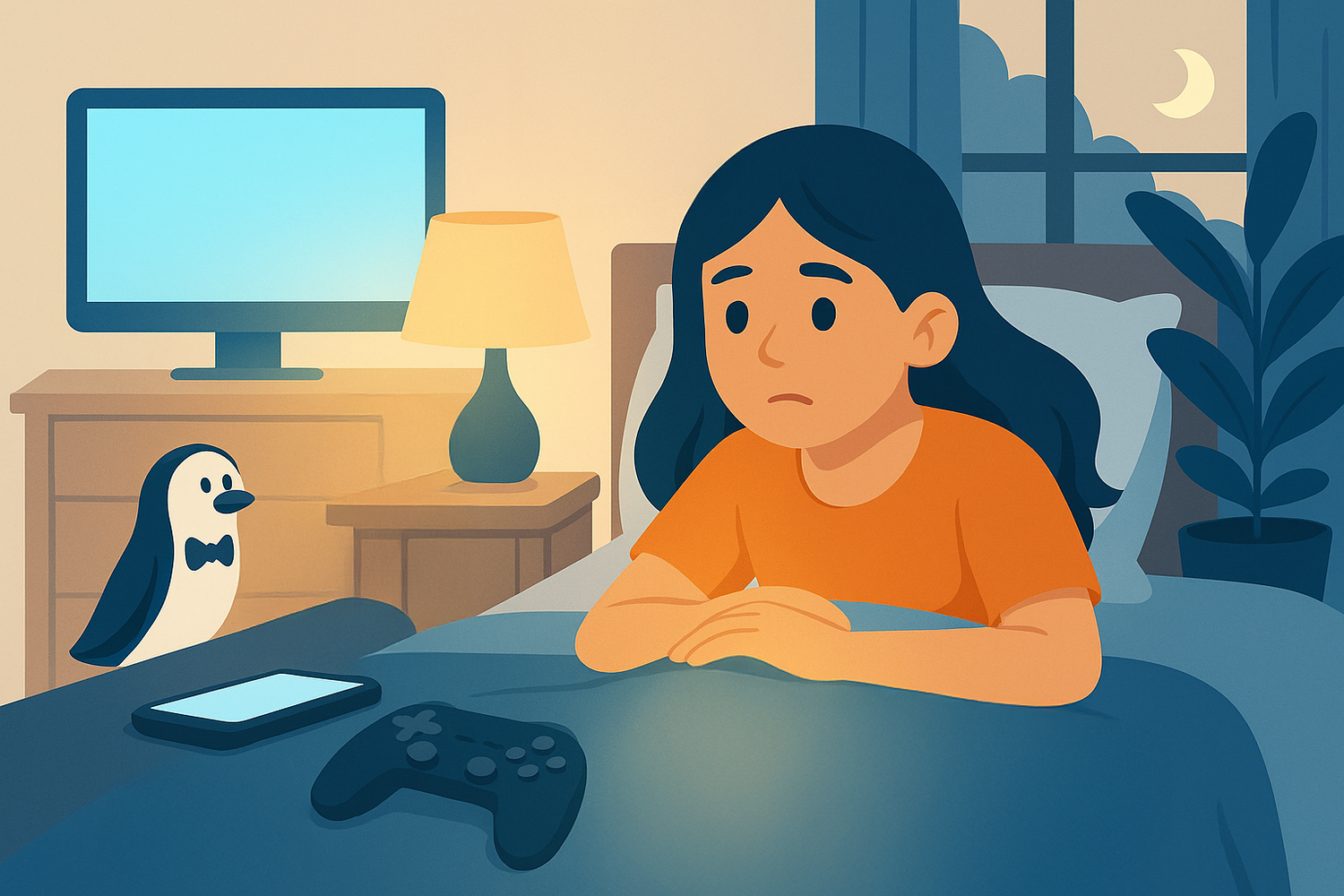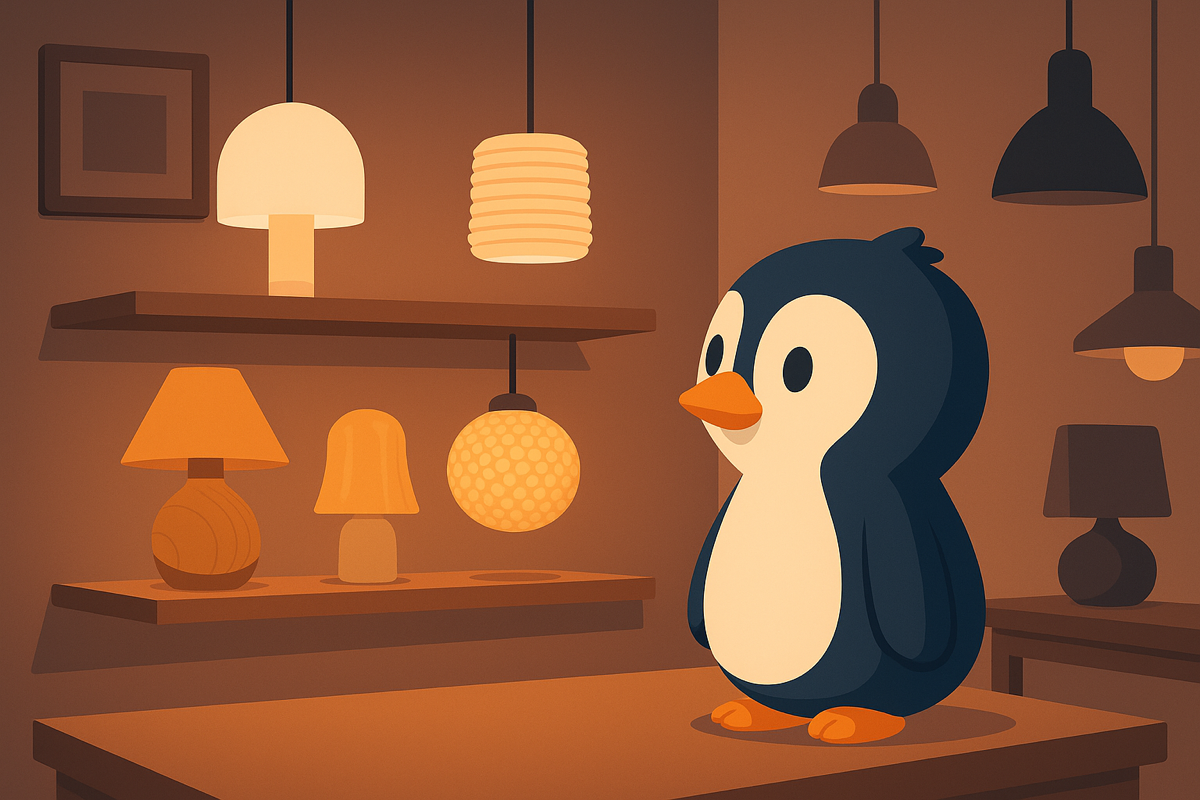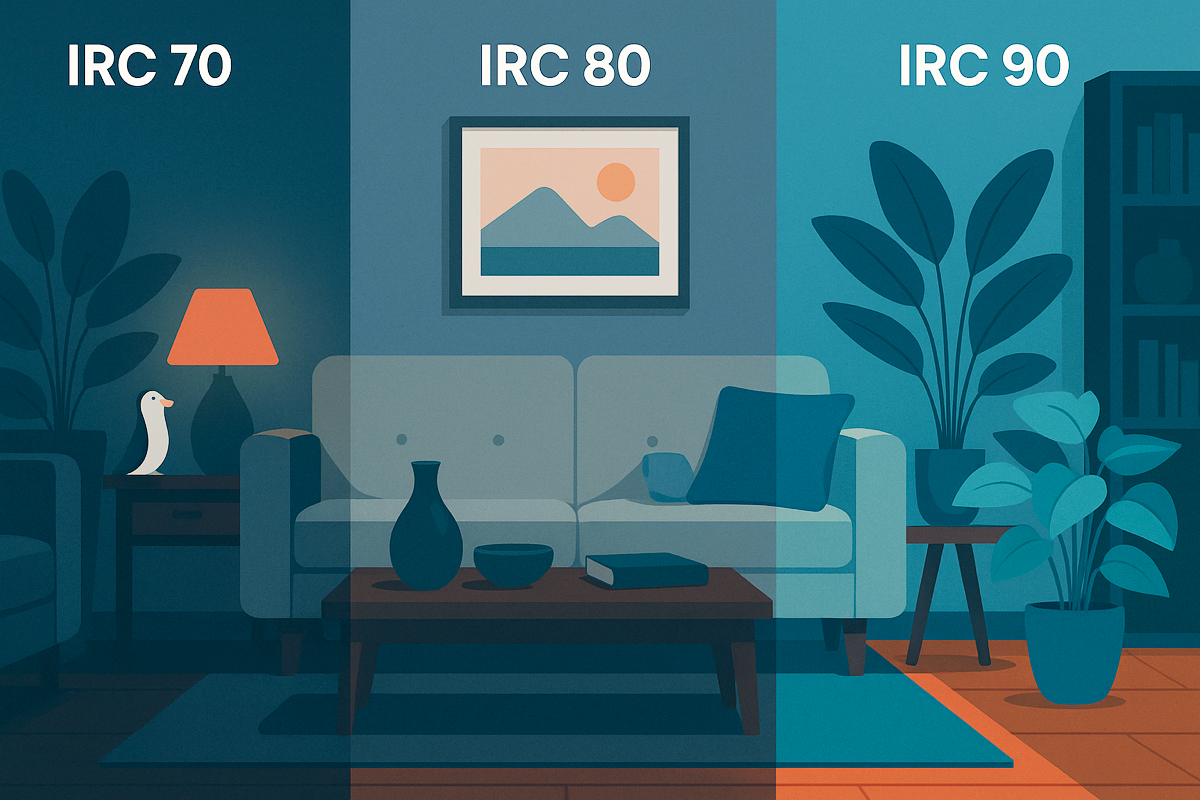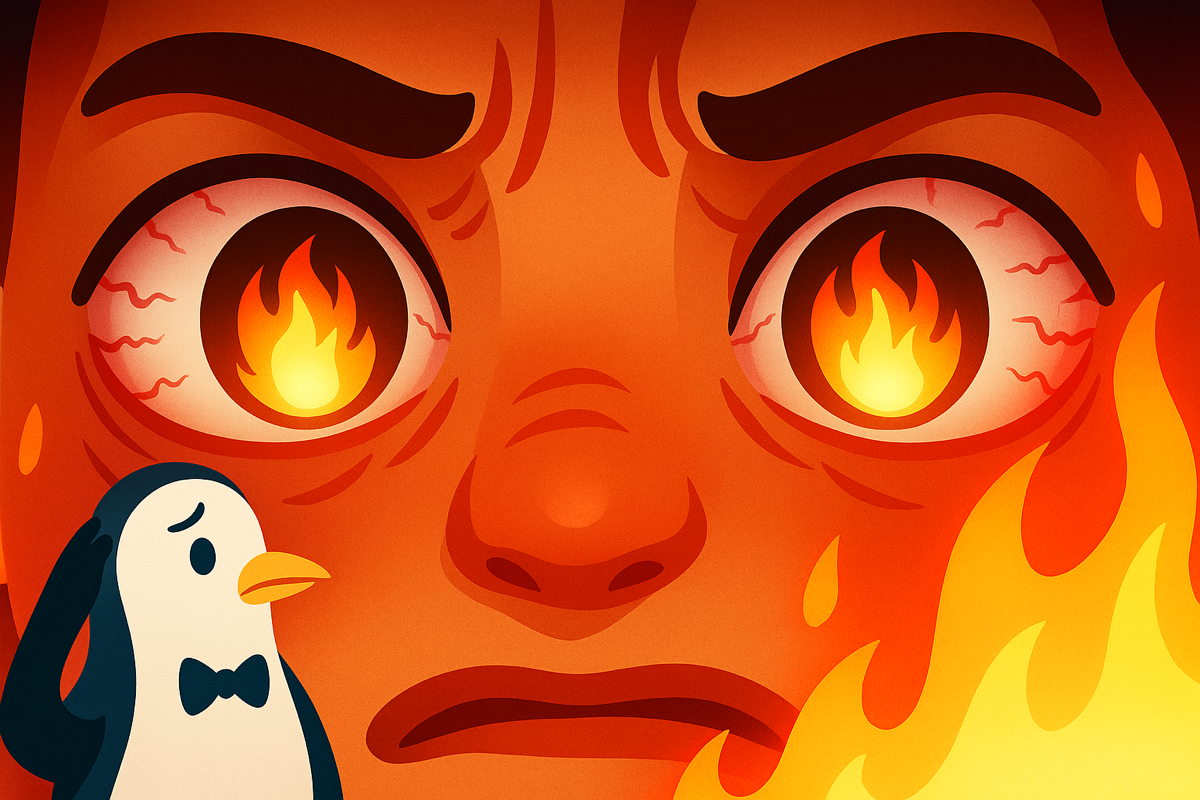Reading time: 8 min.
In short:
Teens aren't just "screen-obsessed" or "lazy." Their internal clocks naturally shift during puberty, delaying their sleep onset. Add to that a busy social life and omnipresent screens, and it's the perfect storm for sleep. Here's what the science says, and what to do about it.
📍 Summary
Teenage brains delay sleep onset
Puberty profoundly alters the circadian rhythm. Melatonin, the sleep hormone, begins to be secreted later, naturally delaying the urge to sleep. This change is biological and universal.
So it's not unusual for a teenager to feel awake at 11 p.m. However, school schedules don't change. It's this discrepancy that makes mornings so difficult for them.
Multiple obstacles to sleep
Social pressure, late homework, constant notifications... All of these factors further delay sleep onset. While screens don't completely stop melatonin, they keep attention active and delay disconnection.
Add to that a lower sensitivity to morning light and a strong need for sociability in the evening, and you get a cocktail of chronic sleep deprivation.
Fragmented sleep, with serious consequences
Lack of sleep = decreased concentration, irritability, mood swings, and emotional fragility. In the long term, it also affects immunity, memory, and mental health.
However, adolescence is a key period for brain development. Poor sleep during these years can compromise your entire future balance.
How to get back into a good rhythm?
It's not about forcing a teenager to go to bed earlier, but about helping them anticipate sleep naturally:
- Bright, blue light in the morning, warm, soft light in the evening
- Limit screens one hour before bedtime
- Promote calm and regular routines
Laqi bulbs adapt to these needs, adjusting the intensity and color temperature automatically.
💡 Discover the Laqi Starter Kits
📦 See the complete product unboxing
💬 FAQ
Does a teenager really need 8 hours of sleep?
Yes. Some people even need 9 hours to be well rested. Less than 7 hours night after night leads to harmful sleep debt.
Should we ban screens in the evening?
Not necessarily, but they should be limited in duration and cognitive intensity: preferring a calm episode to a competitive game, for example.
And what about sleeping in on the weekend?
They allow for a little recovery, but can also further disrupt your rhythm. Ideally, don't sleep more than 90 minutes longer.
“Respecting the teenager’s pace means giving them a real break.”
No need to revolutionize his bedroom. Often, changing the lighting is enough to help him get back to sleep.
